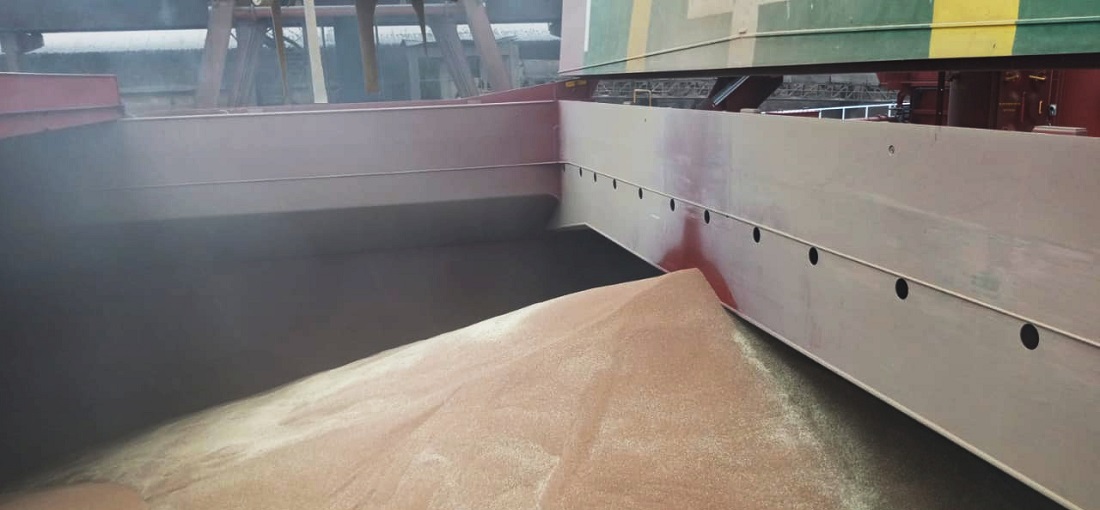
See how the drought in India may affect Brazil and the global wheat market
May, 16, 2022 Posted by Gabriel MalheirosWeek 202220
In India, the intense heatwave led thermometers to register 50°C. With birds falling from the sky and residents not being able to breathe because of smoke from natural fires, this phenomenon has been considered the hottest in the last 100 years. Occurring since March, the drought in India has hampered the country’s wheat production.
To reduce the impacts on local product prices, the Indian government announced, on the 14th, a halt to wheat exports.
According to the statement, only exports backed by letters of credit issued before the ban will be allowed. The only other exception is for countries that request supplies “to meet their food security needs.”
The measure is not final and can be revised according to the government.
Effects of the drought in India on wheat production
The scarcity of raw materials in the international market may pressure grain-producing countries to increase the prices of their products sold abroad, meaning that citizens may have to pay more at the time of purchase.
In addition to wheat-based foods, such as bread, pasta, and flour, the lack of grain can affect consumers when purchasing meat.
The increase in wheat prices indirectly impacts the creation of animals that consume wheat-based animal feed, such as cattle.
Positive effects for Brazil
The global grain supply chain is still suffering from the geopolitical crisis caused by the conflict in Ukraine.
According to world agriculture experts, the blockage of Indian shipments is likely to result in a global shortage, which may be advantageous given Brazil’s role as a major wheat exporter.
This year, Brazilian agribusiness exports exceeded US$ 10 billion in February and set a record for the month. In addition, cereal exports surpassed imports: US$ 246.3 million exported (836.6 thousand tonnes) compared to US$ 141.58 million imported (498.8 thousand tonnes).
In January and February 2022, Brazil saw record wheat exports in value and volume alike (1.48 million tons; + 184.2%). The main destinations were Saudi Arabia (US$ 85.63 million; 19, 6% share); Morocco (US$68.16 million; 15.6%); and Indonesia (US$65.70 million; 15%). Paraná accounts for almost half of Brazilian wheat production and 30% milling volume.
The Brazilian plantation began to improve over time as the quality of different wheat cultivars improved.
“Our cultivars in Brazil have improved a lot in terms of quality in recent years, so we expect a gain in productivity and an increase in the planted area. Therefore, we are optimistic that the crop will be excellent”, analyzes Paloma Venturelli, vice president of Sinditrigo-PR.
Source: G1
To read the full original article, please go to:
-
Grains
Sep, 10, 2019
0
Brazil’s 2018/2019 grain harvest should close with a record of 242.1m tons
-
Coffee
Jan, 18, 2022
0
Green coffee exports fall 10.5% in 2021
-
Aug, 25, 2020
0
Brazil´s apple juice exports rose 17% in first seven months of 2020
-
Ports and Terminals
Feb, 25, 2021
0
ANTAQ publishes port-lease virtual public hearing dates for Maceió, Suape and Fortaleza


